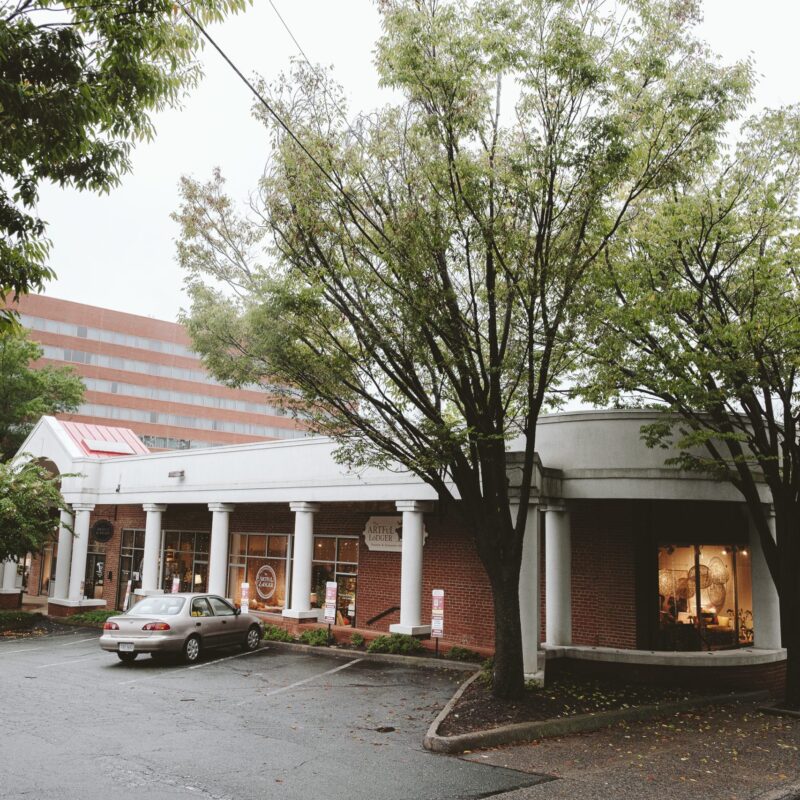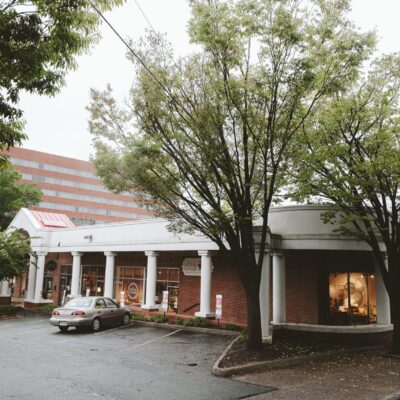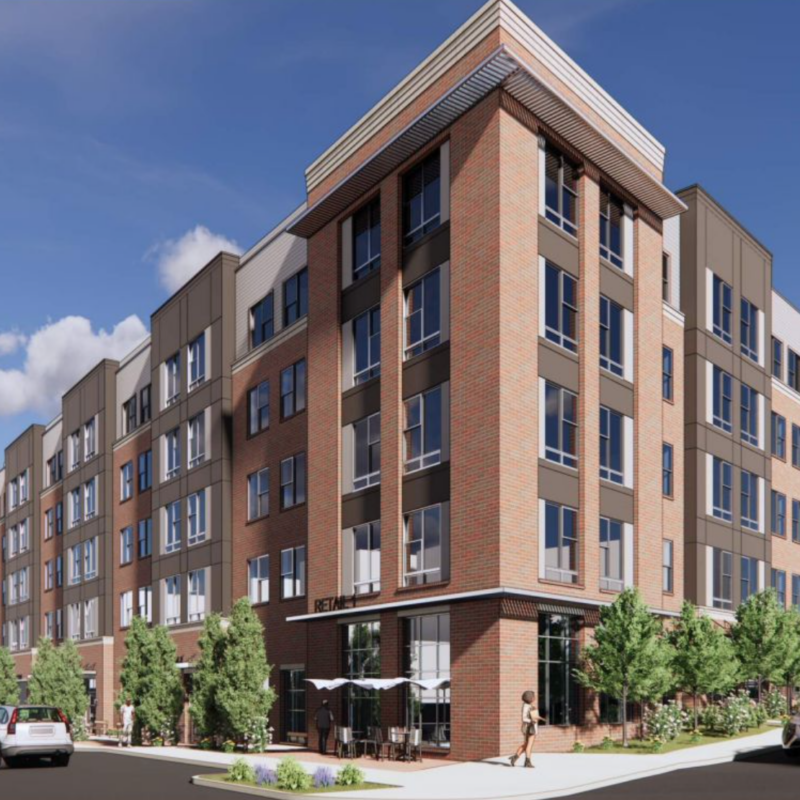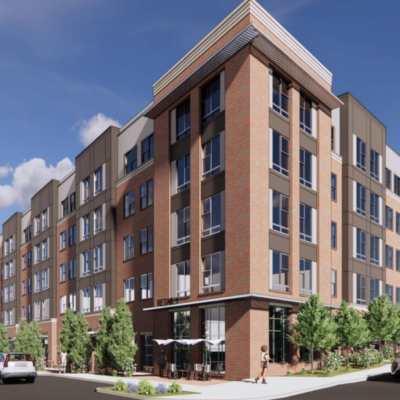By Marilyn Pribus –
“Buy fresh, buy local” is great little bumper sticker you see around these parts. And it’s a wonderful motto. When we shop local, we support our whole community and a great place to start is at farmers markets because the money we spend there stays right here.
In fact, a Virginia Cooperative Extension study a few years back showed if each household in our five-county area (Albemarle, Fluvanna, Greene, Louisa and Nelson) spent just $10 of their weekly grocery dollars on local produce and farm-based products, it would boost our economy to the tune of nearly $50 million a year! It’s likely those figures would be considerably higher today.
In addition, many related businesses such as orchards, berry patches, and restaurants benefit from our increasing appetite for locally grown food. Our vibrant farmers markets not only add to the economic health of our area, they add to that sometimes-hard-to-define concept called quality of life.
REALTOR ® Debi Dotson of Better Homes and Gardens Real Estate III wholeheartedly agrees. “We have a lot of people that are very interested in this grow-your-own concept, so our farmers markets help local people market their products,” she declares. “It’s also a cultural thing that folks really like getting things that are home-grown, home-made, and organic if possible.”
There are social benefits as well, continues Dotson. “These markets are wonderful activities for new people to get acquainted and to display a community’s natural talent.” She points out that the U.S. is no longer a farming country and many people can’t even have a backyard garden.
“We are so ‘tech-stuck’ these days,” she says. “Farmers markets bring kids and families together looking at things that are growing and alive. You have this human contact and young people get excited. For example, I love it when kids see that people can make soap, not just buy it at the store.”
When she visits a farmers market, Dotson goes home with fresh veggies, pies or cakes or breads. “And plants,” she says enthusiastically. “Perennials. They grow so much better because they start right in our soil here.”
Markets Abound
Farmers Markets are flourishing in Charlottesville and the seven surrounding counties. Charlottesville’s City Market is the largest in Central Virginia. Smaller markets are held in a variety of venues including subdivisions, community parks, and one of the newest, the Shops at Stonefield, is at the intersection of Hydraulic and Route 29.
Each market has its own character. Some are shaded by big old trees while others are protected by vendors’ canopies. Many have Master Gardeners in attendance offering gardening expertise such as pest identification and recommendations for home gardens.
Much of the charm of visiting markets is discovering what makes each one different. Will you find a wonderful new bread for your table or an unusual plant for your garden? What else might you find? Here’s a short list: fresh seasonal produce, often organic, including fruits and veggies. Honey, preserves of all sorts, flavored vinegars, chutney, eggs, meat, cheese, baked goods.
Beyond edibles you’ll often find candles, jewelry, sewn or knitted items, pottery, woodcraft, furniture, soap, organic doggie snacks, children’s clothes, and flowers in bouquets, pots or as seedlings and ceramics from mugs to a handsome container for making a casserole.
In addition, some artists work right at the market. It might be a weaver with a small loom, a jewelry maker, or a face painter. Some markets have activities specifically for children.
An especially appealing feature of a typical market is the chance to visit face-to-face with the growers, bakers, cooks, and artists. Many markets have ready-to-eat food and beverages prepared on the spot with tables and seating to enjoy right there. Others have regular musical performances—from youth musicians to old-timey fiddlers—that will appeal to the entire family.
Not all items are available at all Farmers Markets all the time. Some vendors participate at only one market, others miss a time now and then, and a number of items are seasonal. Many shoppers visit different markets on different days. Most markets typically have a waiting list of vendors and some fill in whenever they can until a permanent slot opens up.
Some markets, such as Charlottesville’s City Market, support SNAP (Supplemental Nutrition Assistance Program) where food stamps may be converted to wooden “coins” redeemable for foods to be taken home for preparation. The first ten dollars are doubled so SNAP shoppers get a valuable bonus towards farm-fresh foods.
The City Market also offers sidewalk space for tables and exhibits about various causes to let shoppers know what the advocates are passionate about and garner support for their missions—everything from supporting the local high school wrestling team or a group of women teaching home canning skills to environmental and political groups.
OK. Where’s The Closest Market?
The Piedmont Environmental Council maintains a colorful, user-friendly website at www.pecva.org listing local Farmers Markets, farms and orchards (many offering U-pick fruits and veggies), wineries, cideries, breweries, grocers, caterers, restaurants, and regional events. It also has a calendar for the availability of various fruits and vegetables by season.
The site also includes information about CSAs (Community Supported Agriculture) which are a way for consumers to buy local, seasonal produce directly from a farmer in their community through a farm share, usually supplied weekly or bi-weekly.
Marilyn Pribus lives in Albemarle County near Charlottesville. She loves the City Market in summer and last year sang carols with the Charlottesville Women’s Choir at the City Holiday Market after Thanksgiving.





